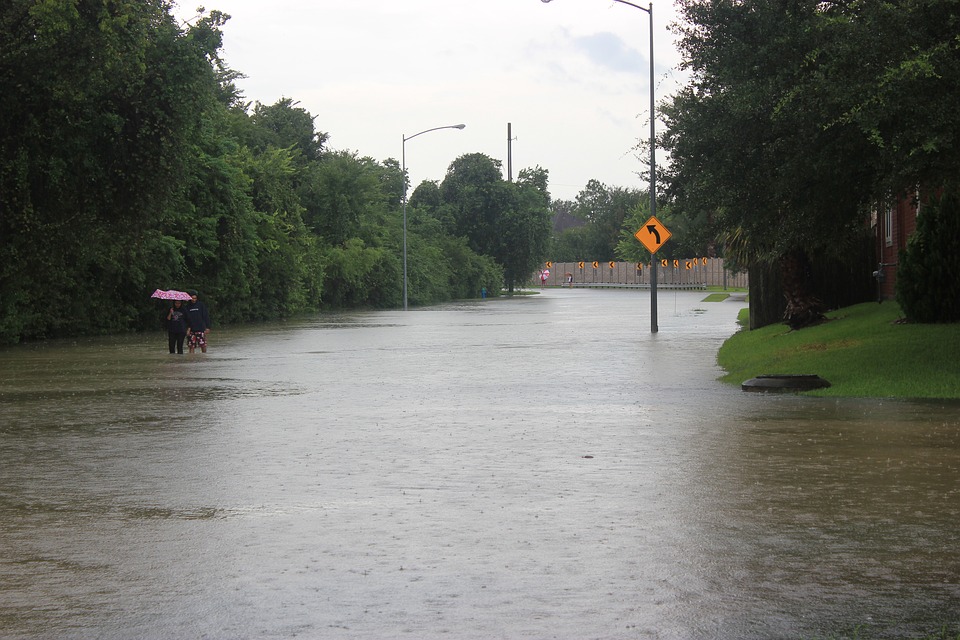
In the aftermath of Hurricane Michael, which hit Florida’s panhandle this week, the Infectious Diseases Society of America (IDSA) said residents of the area need to know the public health risks and how to mitigate them.
The category 4 hurricane – which the U.S. Department of Health and Human Services said poses a public health emergency — creates an increased risk of the spread of noroviruses and other infections, particularly in shelters where evacuees are housed. Further, suboptimal vaccination rates can exacerbate the potential for diseases to spread.
IDSA said frequent hand-washing is critically important. Also, bacteria in flood waters can bring risks of life-threatening infections that were otherwise not present. IDSA recommends that people wear protective gear when cleaning out after the storm.
Additionally, clean water and access to medications are essential for preventing and limiting the spread of infectious diseases. With many residents without electricity, the risks of unsafe food and water consumption also increases. That can lead to illnesses caused by pathogens such as E. coli. Standing water that remains for long periods of time may also contribute to increased mosquito breeding. Combined with the reality that many people will spend more time outdoors doing cleanup, the risk of mosquito-borne illnesses, like West Nile Virus, increases.
Pathogens that include Vibrio vulnificans, non-tuberculosis mycobacteria, and Legionella can also be found in water. Thus, flood waters increase the risks of exposures, so IDSA advises people to avoid contact with floodwater if possible. For example, leptospirosis — a bacterial infection that spreads through contaminated water — caused 17 confirmed and probable deaths in Puerto Rico following Hurricane Maria in 2017.
It is critical for area residents to understand both the risks and the local health resources that are available, IDSA said.




